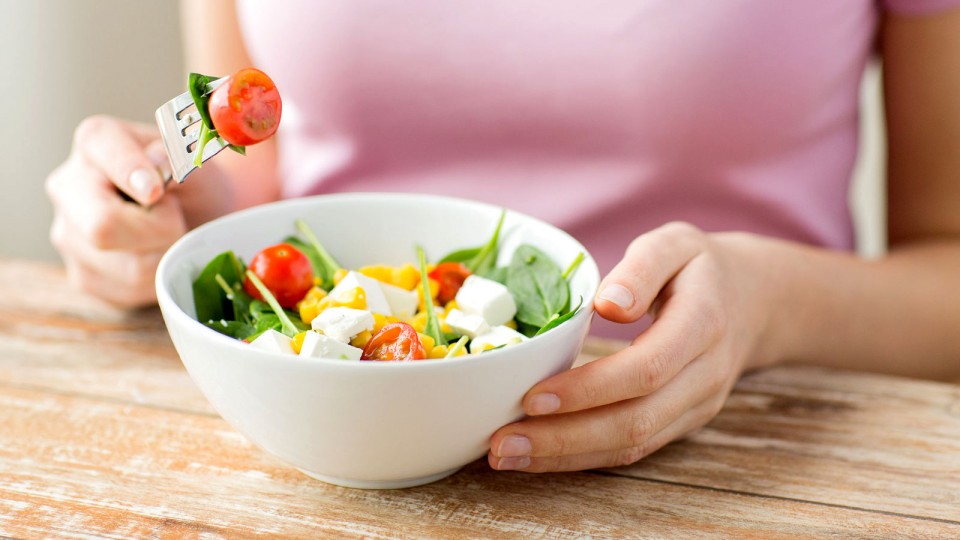Unless you are a physician or a nutritionist, learning what vitamins and minerals your body needs to optimize your running performance and how to consume them can be an overwhelming undertaking for anyone, especially when you considering the sheer number of competing studies out there.
Add to that the daunting task of wading through every option available in a supplement store, and it’s enough to make your head spin. At RunSociety, we understand just how challenging this pursuit of knowledge can be. Here are some of the vitamins and minerals that are essential to optimizing your running potential.
Natural Multivitamin With Iron
Why Do I Need It?
Chances are, if you are taking care of your body with regular exercise, then you are probably already eating sensibly, too. However, we all have holes in our nutrition that manage to sneak in, and this is where a supplement can be a great way to close those gaps.
For premenopausal women especially, iron tends to be one of those essential elements that never quite gets fulfilled. Men and postmenopausal women require 10 mg of iron daily, as opposed to the 15 mg daily for menstruating or nursing women and the 30 mg daily for pregnant women.
An iron deficiency can be especially detrimental to your endurance since it causes fatigue to wreak havoc on your body, turning even the shortest of runs into an excruciating task.
How Can I Get It?
For the most part, synthetic vitamins can tax your immune system and are not absorbed as well as food-based vitamins, generally. Plus, overdosage with vitamins can be a real issue, so choose a natural multivitamin that does not exceed 200 percent of your daily intake needs for any element.
And last, but certainly not least, be sure to eat a variety of fruits and vegetables from across the colour spectrum every day, being sure to load up on dark, leafy greens.
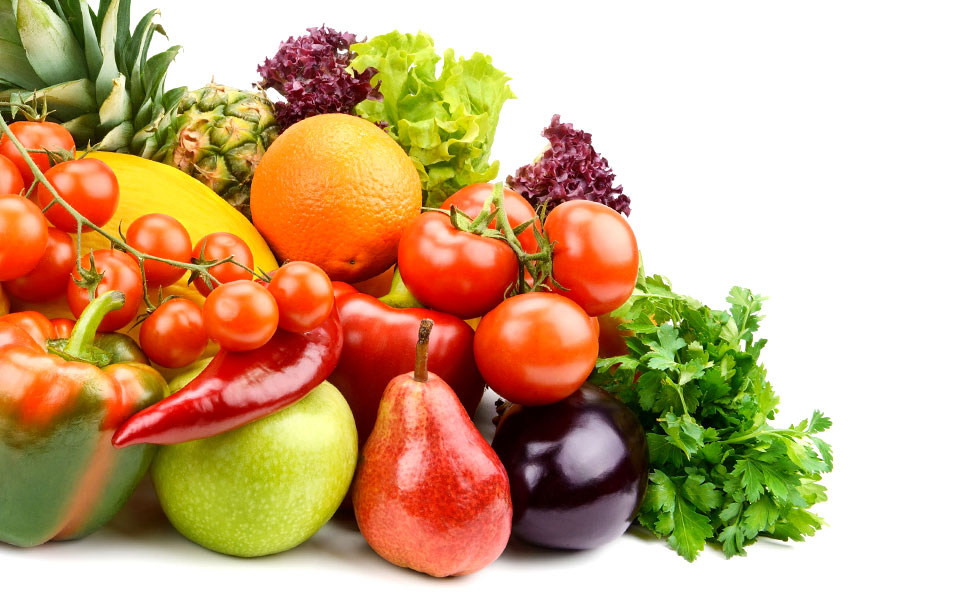
When Should I Take It?
Multivitamins and iron are best absorbed on an empty stomach; however, that can cause nausea, stomach cramps, and even diarrhea in some. So you may need to eat a small amount of food to combat these issues if they arise. You should not have any sort of dairy product, caffeinated beverage, or high-fibre foods either since these can affect absorption as well.
Vitamin B12
Why Do I Need It?
B12 is a key element is the formation of blood and ensuring normal functions occur in your brain and nervous system. When your B12 levels begin to dip, it can make you lethargic at best, and can cause anemia and even nervous system damage on the more extreme end.
How Can I Get It?
Our bodies cannot make B12, so our diets must provide this essential vitamin for us. Meat, fish, poultry, eggs, and dairy products are excellent choices for most people. However, if you are vegan, there are fortified cereals, soy milks, and certain nutritional yeasts that would fulfill this need.
Just to err on the side of caution, though, be sure to take supplements that will provide you with an adequate daily allotment. The National Institute of Health recommends people age 14 and older should have 2.4 mcg, pregnant women 2.6 mcg, and lactating woman 2.8 mcg. Some multivitamins include B12 already, so check yours first before adding in an additional supplement.
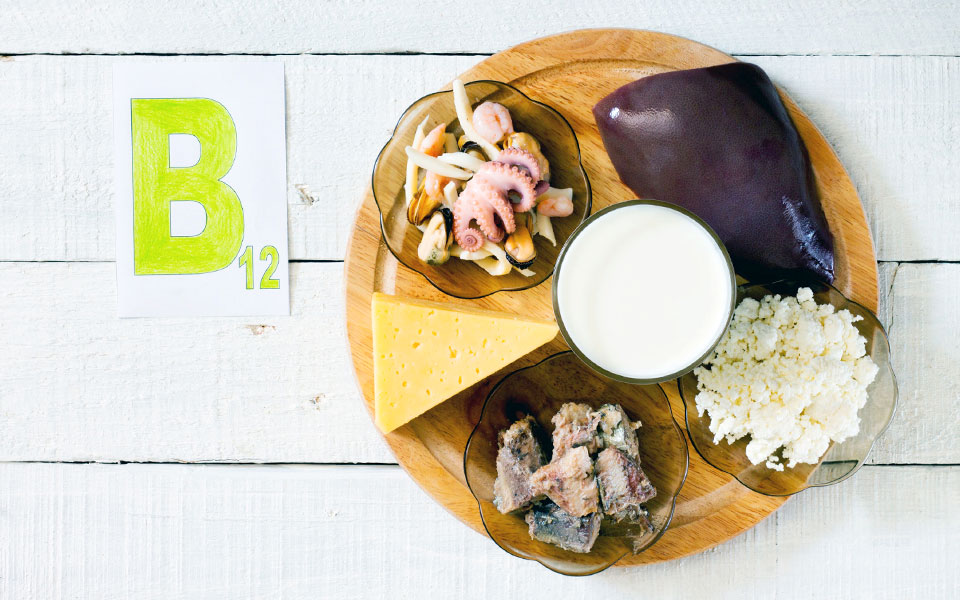
When Should I Take It?
Any B vitamins, either as a complex or as an individual supplement, should be taken before eating a meal. There is some evidence that vitamin C supplements can interfere with B12 absorption, so be sure to adjust your vitamin schedule accordingly.
Vitamin D
Why Do I Need It?
Our bodies need vitamin D in order to properly absorb calcium and phosphorous, while also helping our immune system function appropriately. Runners who are deficient in vitamin D run the risk of stress fractures due to softened bones from the lack of calcium.
How Can I Get It?
Luckily enough, our bodies make it! Simply being out in direct sunlight without sunscreen for 15 minutes a day can give you enough vitamin D to keep you running well. But the National Institute of Health recommends that you ensure these levels remain constant through diet.
Fatty fish like salmon and mackerel are among the best sources of vitamin D. If you are vegan, you can get small amounts from fortified breakfast cereals, soy milks, and mushrooms.
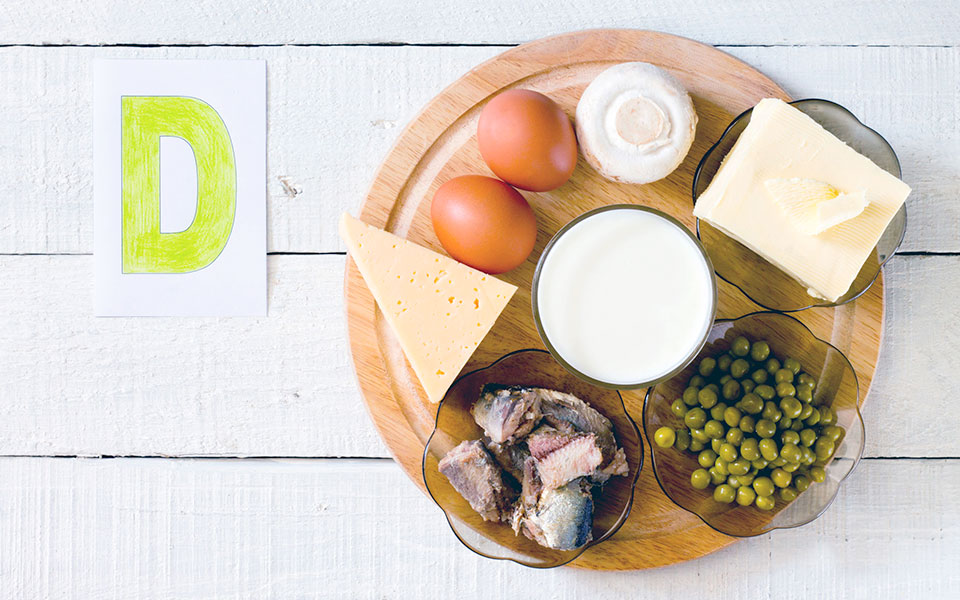
When Should I Take It?
If your diet and sun exposure does not fulfill your vitamin D needs, supplements can help guarantee your health. These supplements should be consumed after meals. However, know that too much vitamin D can make the intestines absorb too much calcium, leading to calcium deposits in your heart and lungs as well as damaging the kidneys.
Vitamin C and E
Why Do I Need Them?
Vitamin C forms a protein that is used in making tendons, ligaments, and blood vessels, while also healing wounds and repairing cartilage and bones. Plus, it aids in the absorption of iron, which is crucial for a runner as we have already discussed. On the other hand, vitamin E is an antioxidant powerhouse that helps your body make red blood cells and use potassium.
A serious vitamin E deficiency can result in the loss of muscle mass and overall muscle weakness, which can cripple a runner’s performance. These two work best when taken in conjunction by increasing your bone strength and protecting your arteries, as well as by helping to prevent cancer, macular degeneration, and Alzheimer’s.
As nutritionist Monique Ryan, RD, author of Sports Nutrition for Endurance, points out,
“If you went for a long run in a large city where there are pollution concerns, 500 mg of vitamin C and 100 mg of vitamin E would be prudent (in protecting your immune system).”
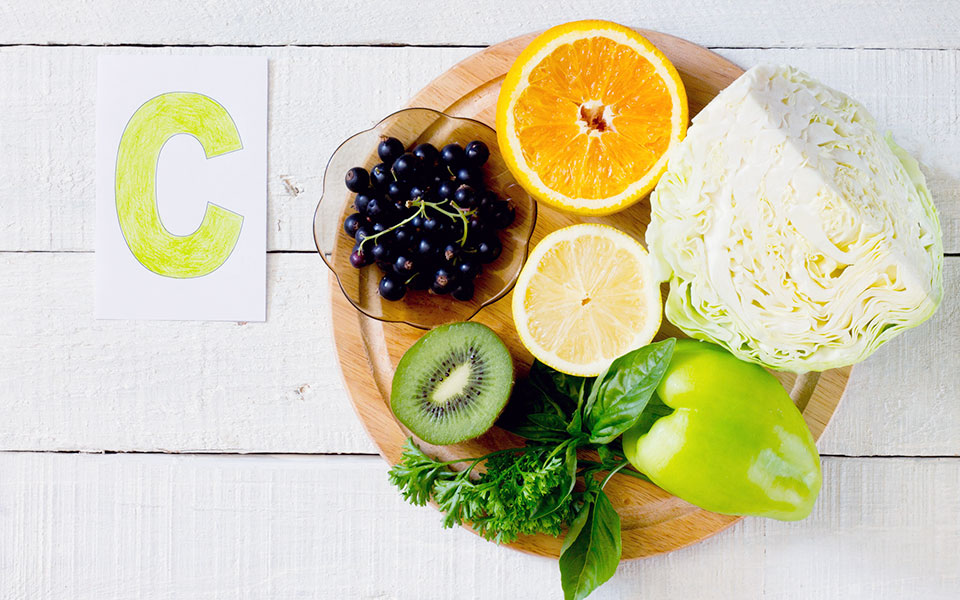
How Can I Get Them?
The body does not make or store vitamin C or E, so we must consume all we need to keep our body functioning. Luckily, all fruits and vegetables contain varying amounts of vitamin C. However, the highest sources are citrus fruits, mango, berries, broccoli, brussel sprouts, green and red bell peppers, dark leafy greens, and sweet potatoes. As for vitamin E, look to eggs, almonds, walnuts, asparagus, and avocados.
When Should I Take Them?
If you opt to include a supplement as well, it is best to consume vitamin C before eating and vitamin E after meals.
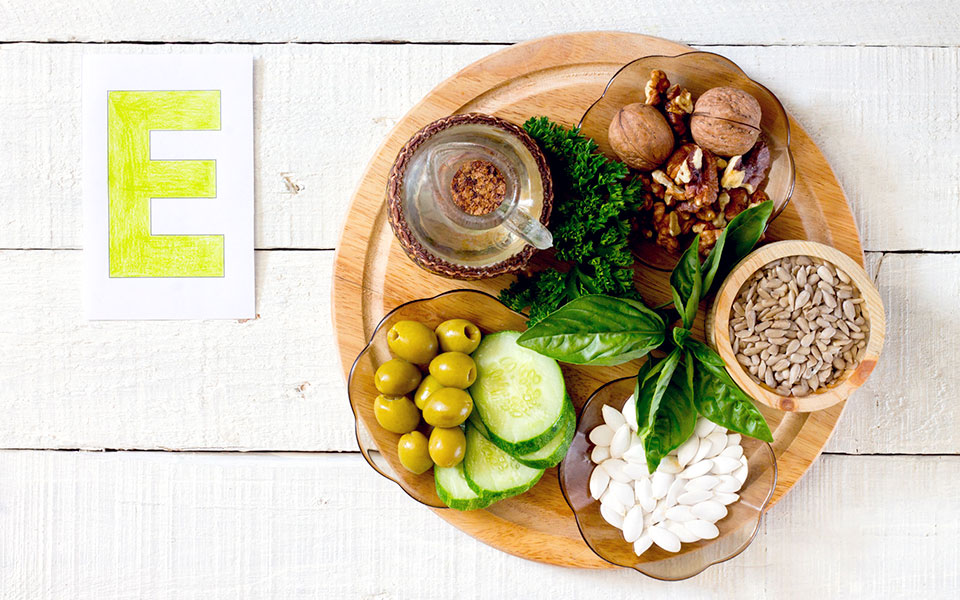
Runners, Know Your Vitamins and Minerals!
We cannot stress enough the importance of discussing any changes to your diet or supplements with your doctor just to make sure you are not at risk of negatively affecting your health by overdosage. But with your doctor’s approval, adding in these vitamins and minerals will certainly spark a change for the better in your running capacity and overall health.
Are you taking enough vitamins and minerals daily? Do you take any food supplement or do you think having a balance diet is sufficient enough?



